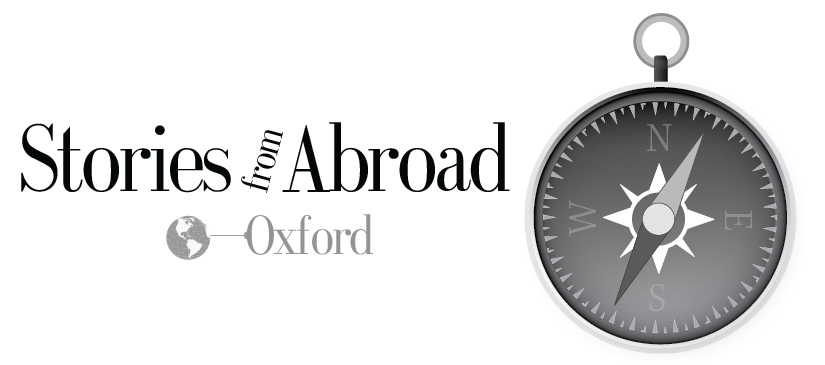A cloud hung over Hertford College. The weather was bad, to be sure, but the students’ moods were bleakest of all. Some would look at each other passing by and say, “I can’t believe it,” or “I’m leaving the country.” Others would just shake their heads. A newcomer might have been confused at all the sadness. This was the beginning of Trinity term after all—the sunniest, warmest and happiest of all the Oxford terms. But the students of Hertford were neither warm nor happy, because the general election had been held the night before, and the Tory party won a majority, with David Cameron continuing as Prime Minister. For more conservative colleges like Christ Church, it was a day of jubilee. In a college as liberal as Hertford, the Tory victory spelled catastrophe. Some of the students looked exhausted because the election results had only started coming in at 11 p.m., and they had stayed up all night watching the returns district by district. In the United States, we joke around using “Thanks, Obama” as a response to little things that go wrong. Here, Hertford students mention a dropped call or a power outage and say, half-jokingly, “This is Cameron’s Britain.”
The stakes for general elections are different in Britain and the United States. For starters, UK general elections happen every five years, unless there is a crisis or a vote of no confidence ousts the current government. When the British go to the ballot box, they’re deciding which party will control the government for the next half-decade, a long time to live with a single decision. And throughout the campaign trail leading up to Election Day, the proverbial British stiff upper lip lets loose with flare. Debates are organized so ordinary Britons can not only ask questions of the candidates directly, but also argue with them. In the United States, security hauls vocal dissidents from large rooms. In Britain, candidates are eager—or at least polite enough—to engage ordinary people in policy debates.
A mere week before the election on May 7, a debate between Tory Prime Minister David Cameron and Labour leader Ed Milliband demonstrated how British politics can be both ferocious yet intimate and respectful. They each took the stage for 30 minutes to answer questions from an audience of surprisingly combative and fearless citizens. Several times, audience members flatly told both candidates, “You’re lying.” Rather than retreat offstage in a fit, Cameron and Milliband were game for a tough crowd, persuading and pleading their case despite audience behavior that, to this observer, seemed belligerent. To call the British election process humanizing would be going too far, but it surely feels that way compared to the robotic, heartless style of US presidential elections. To those of us who wish that our leaders would do a better job connecting with the people, talking to the public as equals rather than zombies would be a good start.
Nearly every British poll said the election was uncertain. And it was all because of the parties. In an area like British politics – with lots of teams playing and more than one supposedly dominating the field – it’s hard to predict how things will end. The Tory party – aka Conservatives – could keep their coalition with the Liberal Democrats, or whether the Scottish National party, the Green Party and even the xenophobic, old, white and angry UK Independence Party could split the vote and force a new coalition. Or, maybe, the Conservatives could win a majority. Few thought the last option would happen, but it did. As the country’s pollsters restore from bruised reputations, the new government, led again by David Cameron, faces questions relating mainly to Britain’s relationship with the European Union and the maintenance of the National Health Service (the kind of socialized medicine that many mistake Obamacare to be—this is the real thing). There is no great crisis determining UK domestic policy, no major wars the country is engaged in abroad. Not yet, at least. For now, the Hertfordians’ despair over the Conservative victory is not so much with what is, but what could be. A lot can happen in five years.

